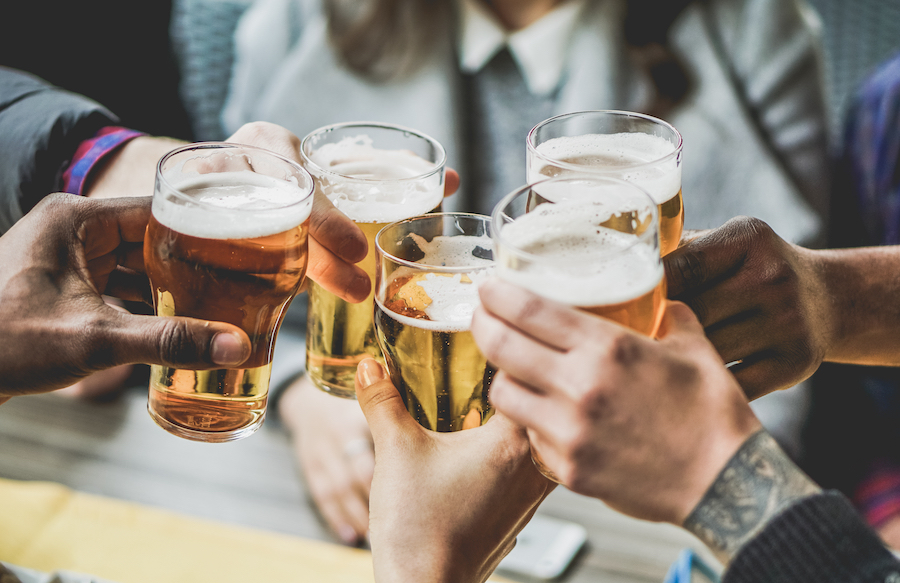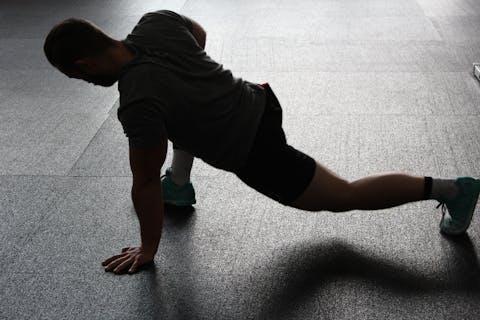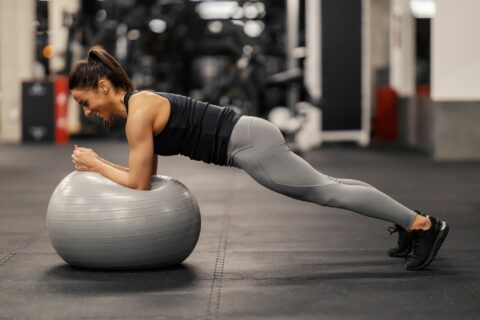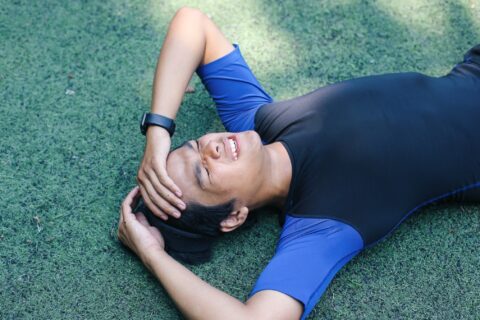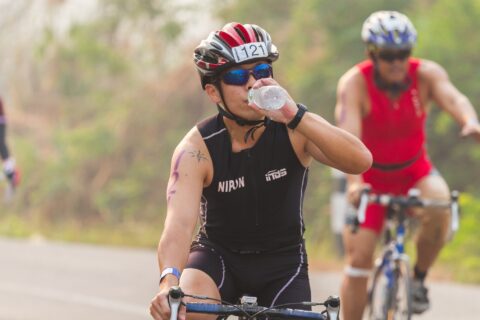Dry January seems to gain in popularity every year. But just what kind of an impact can abstaining from alcohol have on athletic performance? We find out.
Dry January seems to gain in popularity every year. But just what kind of an impact can abstaining from alcohol have on athletic performance? We find out.
